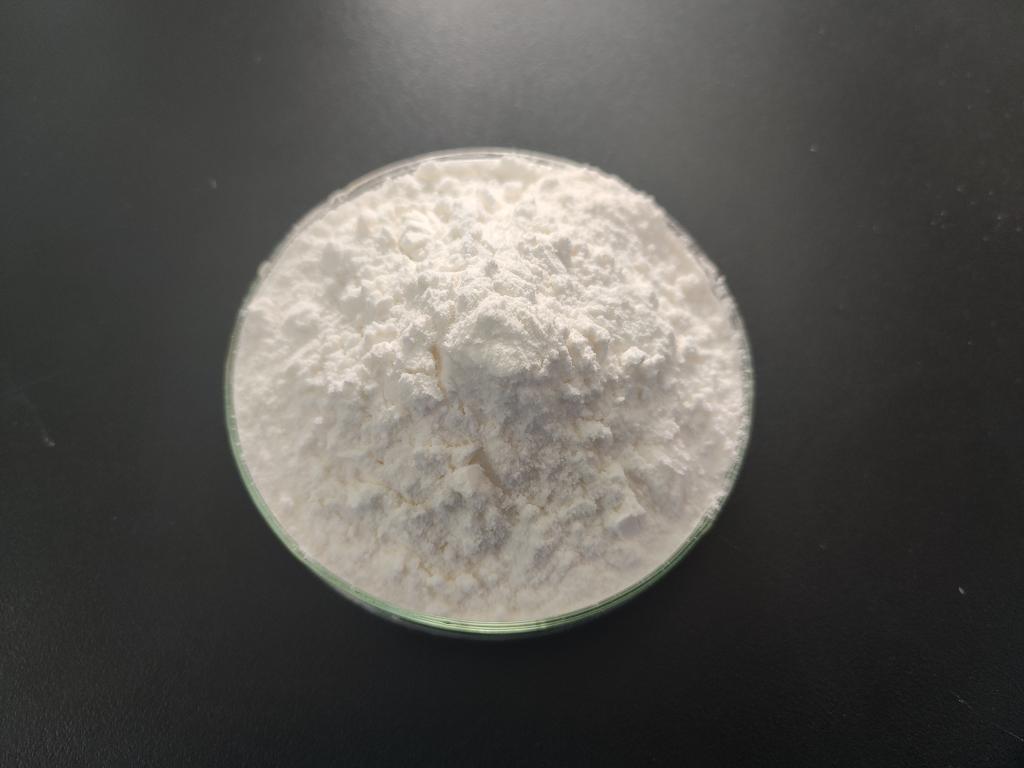Tel:+8618231198596

News
 CONTACT
CONTACT
 CONTACT
CONTACT
- Linkman:Linda Yao
- Tel: +8618231198596
- Email:linda.yao@dcpharma.cn
- Linkman:CHARLES.WANG
- Department:Overseas
- Tel: 0086 0311-85537378 0086 0311-85539701
News
Current Position:
Home >
News
>The use of ε-Polylysine hydrochloride in improving food safety in meal kit services.
The use of ε-Polylysine hydrochloride in improving food safety in meal kit services.
TIME:2023-08-10
Introduction:
Meal kit services have revolutionized the way people cook at home, offering pre-portioned ingredients and recipes delivered to consumers' doorsteps. However, the diverse nature of ingredients, varying handling practices, and fluctuating delivery times can pose challenges to maintaining food safety. ε-Polylysine hydrochloride, derived from bacterial fermentation, has emerged as a potential solution to enhance food safety in meal kit services.
Understanding ε-Polylysine Hydrochloride:
ε-Polylysine hydrochloride is a cationic polypeptide composed of lysine units linked by peptide bonds. Its antimicrobial properties stem from its ability to disrupt microbial cell membranes and inhibit growth. Approved in several countries as a food preservative, ε-Polylysine hydrochloride offers a natural and effective means of extending shelf life and inhibiting pathogenic microorganisms.
Application in Meal Kit Services:
The application of ε-Polylysine hydrochloride in meal kit services involves incorporating it into various components of the kits, including raw ingredients, sauces, dressings, and even packaging materials. Its usage can help control microbial proliferation during transit, storage, and preparation, reducing the risk of foodborne illnesses.
Benefits of ε-Polylysine Hydrochloride:
Microbial Inhibition: ε-Polylysine hydrochloride's broad-spectrum antimicrobial action targets a wide range of bacteria, yeasts, and molds, helping to preserve the freshness of ingredients and minimize spoilage.
Extended Shelf Life: By inhibiting microbial growth, ε-Polylysine hydrochloride can extend the shelf life of meal kit components, enhancing consumer satisfaction and reducing food waste.
Clean Label Appeal: Consumers increasingly seek natural and minimally processed ingredients. ε-Polylysine hydrochloride aligns with this preference, as it is derived from microbial fermentation and has a clean label status.
Foodborne Illness Mitigation: Incorporating ε-Polylysine hydrochloride can act as an additional layer of protection against foodborne pathogens, mitigating the risk of illness due to mishandling or cross-contamination.
Enhanced Food Quality: By maintaining the freshness and quality of ingredients, ε-Polylysine hydrochloride contributes to a positive culinary experience for consumers.
Challenges and Considerations:
The adoption of ε-Polylysine hydrochloride in meal kit services presents certain challenges that require careful consideration:
Formulation Optimization: Achieving the right concentration and distribution of ε-Polylysine hydrochloride within meal kit components is crucial for effective microbial inhibition without compromising sensory attributes.
Consumer Perception: Communicating the purpose and benefits of ε-Polylysine hydrochloride to consumers is essential to prevent misconceptions and foster acceptance.
Regulatory Compliance: Adhering to regulatory guidelines and maximum usage levels for ε-Polylysine hydrochloride is vital to ensure its safe and legal application.
Future Prospects:
The integration of ε-Polylysine hydrochloride into meal kit services aligns with the industry's evolution toward safer, more sustainable, and consumer-centric practices. As technology and research advance, further exploration into innovative delivery systems and formulations could optimize the efficacy of ε-Polylysine hydrochloride in enhancing food safety.
Conclusion:
In the dynamic landscape of meal kit services, food safety remains a critical concern. ε-Polylysine hydrochloride emerges as a natural and effective tool to enhance food safety by inhibiting microbial growth, extending shelf life, and maintaining ingredient quality. While challenges exist, the benefits of ε-Polylysine hydrochloride's application in meal kit services hold great potential for revolutionizing food safety practices and elevating the overall consumer experience. As the meal kit industry continues to evolve, the integration of ε-Polylysine hydrochloride could contribute to safer, more convenient, and more enjoyable culinary experiences for consumers around the world.
- Tel:+8618231198596
- Whatsapp:18231198596
- Chat With Skype







